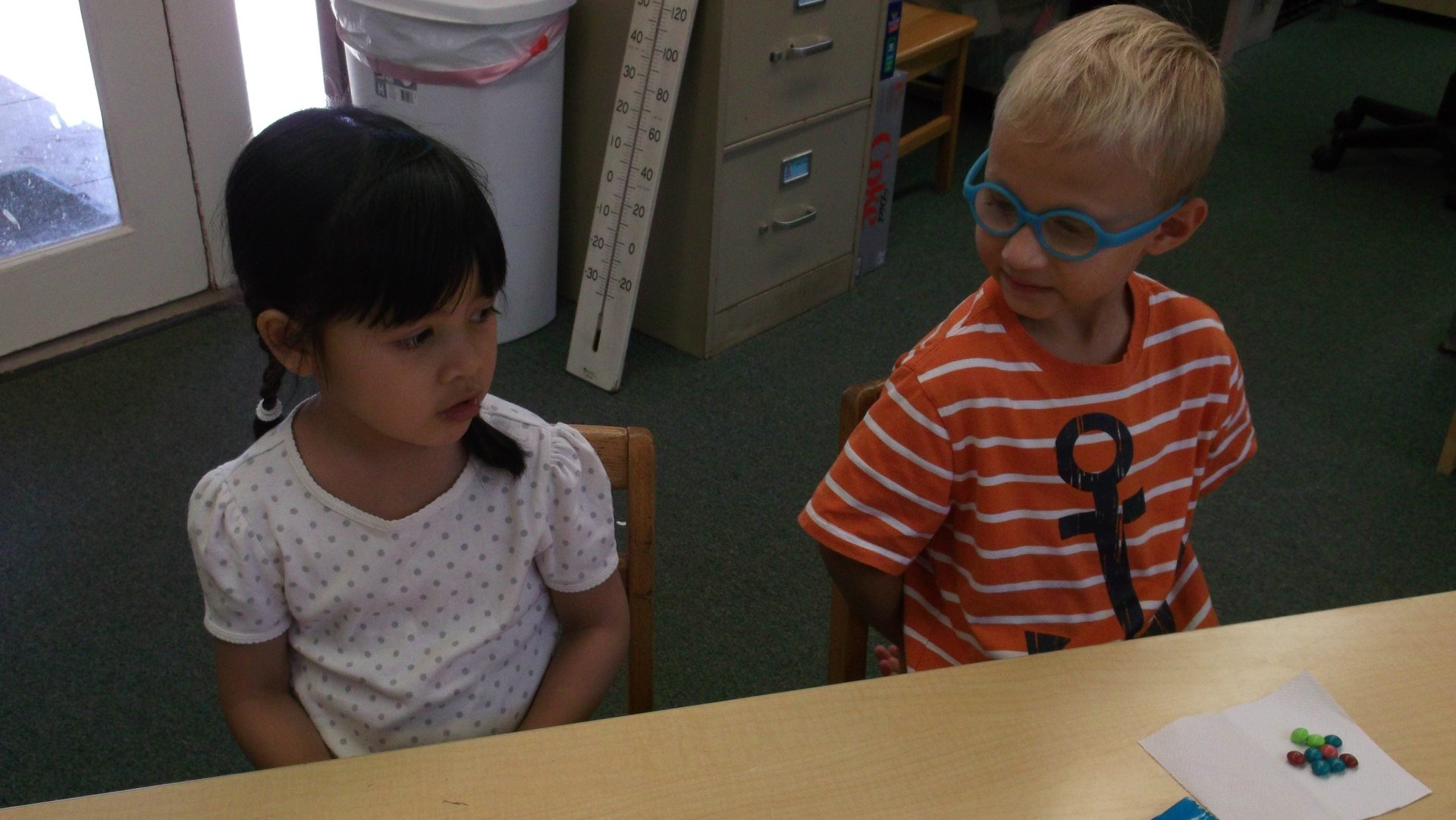Study: Emotionally aware children are also more focused and pay better attention
Emotional intelligence is a skill often lauded for its importance in teamwork and leadership, but a new study shows it may also relate to how we focus and pay attention.


Emotional intelligence is a skill often lauded for its importance in teamwork and leadership, but a new study shows it may also relate to how we focus and pay attention.
In a study published in April by Kindheit und Entwicklung (“Childhood and Development”), psychologists Maria von Salisch and Martha Haenel from the University of Lüneburg and Susanne Denham of George Mason University found that children between age three and six who showed they could recognize their own and others’ emotions were less likely to have problems paying attention than their kid counterparts.
Over fourteen months, the researchers studied 261 children from 33 kindergartens in Germany’s Lower Saxony. Over this time, teachers evaluated the children on their “emotion knowledge,” a subset of emotional intelligence involved in recognizing—but not regulating—emotions. There were nine components to the evaluation, including: the extent to which students could read happiness or sadness on the faces of others; how much they could recognize that different emotions are special to certain situations—a plate of vegetables might make you sad while cake might make you happy; and whether they could see that someone could perceive two different emotions simultaneously.
Teachers also evaluated students based on their attention spans and hyperactivity levels. The study measured other factors, like gender, socioeconomic status, and language skills, and as von Salisch tells Quartz, found that “emotion knowledge predicts reduction in attention problems above and beyond the other predictors.”
The authors chalked this up to more emotionally intelligent children being less distracted by emotional problems, such as their own emotional confusion, negative emotions of others, and how to regulate their feelings.
Although the sample size was small, the study has implications for more severe problems with attention, such as Attention Deficit Disorder (ADHD), which affects around 5% of children in the US alone. ADHD is often thought to involve executive functions, such as the ability to use and update your memory, and inhibitions of dominant responses—but the study suggests emotional awareness has its own part to play in future research.